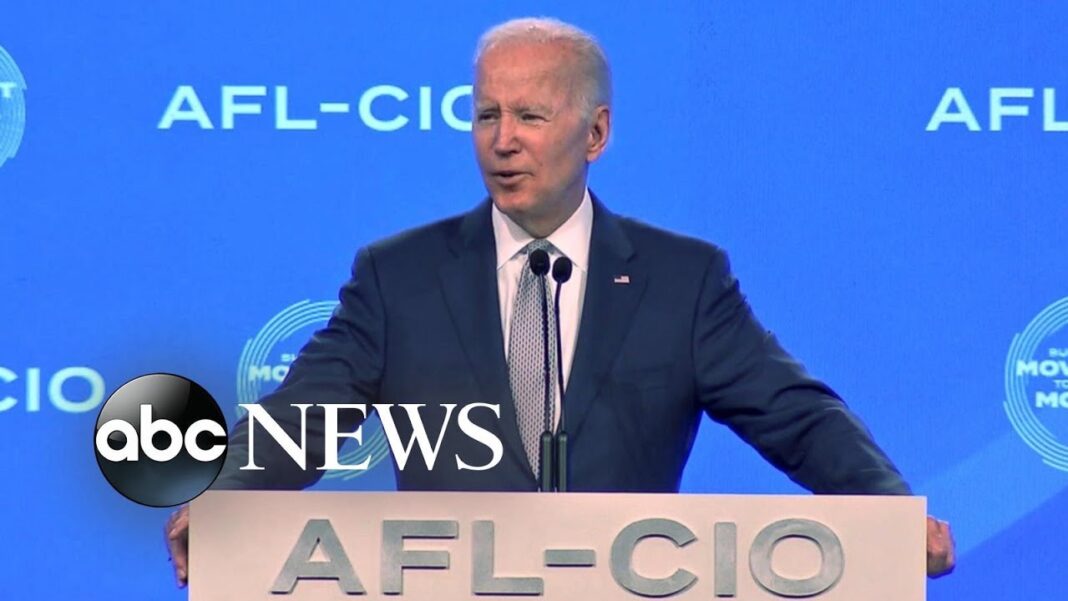President Joe Biden’s appointees at the Federal Acquisition Regulatory Council (FARC) have proposed a new rule that would allow only companies with unionized workforces to bid on new government contracts worth $35 million or more annually.
The FARC proposal implements Biden’s executive order No. 14063, which requires project labor agreements (PLA) on all “large-scale” federal construction projects. Use of a PLA in a federal contract would mean that only companies with unionized employees would be eligible to bid on and be selected for a federal project.
Biden’s executive order was signed in February, but it wasn’t until August that the Department of Defense, National Aeronautics and Space Administration, and the General Services Administration, which oversees most non-defense federal acquisitions, proposed implementing the rule.
“Such agreements avoid labor-related disruptions on projects by using dispute-resolution processes to resolve worksite disputes and by prohibiting work stoppages, including strikes and lockouts,” the executive order states. “They secure the commitment of all stakeholders on a construction site that the project will proceed efficiently without unnecessary interruptions.
“They also advance the interests of project owners, contractors, and subcontractors, including small businesses. For these reasons, owners and contractors in both the public and private sector routinely use project labor agreements, thereby reducing uncertainties in large-scale construction projects.”
The executive order applies only to federal construction projects, but if the FARC rule becomes law, it could become a precedent for extending the PLA requirement to all projects that receive any federal funding.
Officials with the National Right to Work Legal Defense Foundation (NRTWLDF), however, said in a statement that the comments it filed opposing the FARC proposal “explain six ways in which the proposed rule violates federal law, particularly noting that the PLA requirement ‘will serve only to harm construction workers who reject union representation,’ arguing they will be ‘subjected to unwanted union representation; forced to pay union dues as a condition of employment in non-Right to Work states … and will have large portions of their compensation diverted to union pension plans from which they will receive no benefits,’ among other things.”
A total of 27 of the nation’s 50 states currently have right-to-work laws that bar forcing employees to join a union as a condition of their employment.









